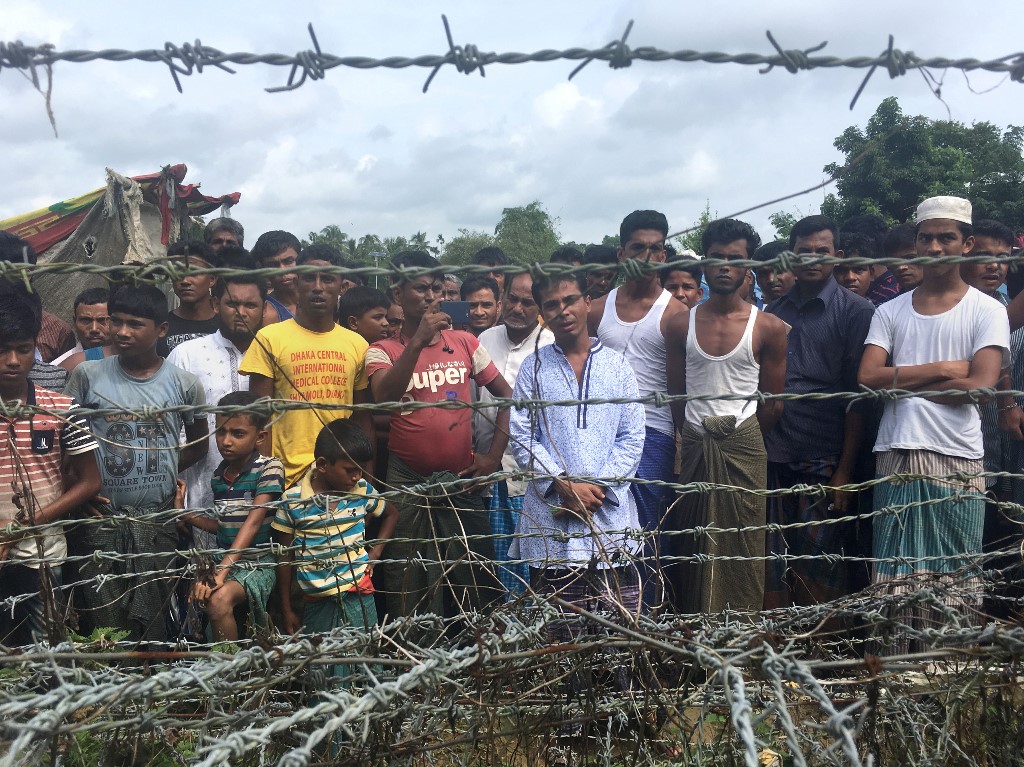
Myanmar faced accusations of genocide in a lawsuit filed by Gambia at the UN's top court on Monday over the southeast Asian nation's treatment of Rohingya Muslims, Gambia's government said.
Gambia said it was acting on behalf of the 57-nation Organisation of Islamic Cooperation in bringing the case against Myanmar before the International Court of Justice (ICJ) in The Hague.
It accuses Myanmar of breaching the UN Genocide Convention through a bloody military campaign which has driven hundreds of thousands of people from the Rohingya minority into neighbouring Bangladesh.
In 2017 a brutal military crackdown forced 740,000 Rohingya to flee over the border into sprawling camps in Bangladesh in violence that UN investigators say amounts to "genocide."
The lawsuit asks the ICJ to "order Myanmar to cease and desist from its genocidal acts, to punish the perpetrators, and to provide reparations for the Rohingya victims," Gambia's justice ministry said.
It said Myanmar had failed to meet its obligations to prevent and to punish genocide, accusing it of "wanton acts of violence and malicious degradation with the specific intent of state actors to destroy the Rohingya as a group."
Mainly-Muslim Gambia said it had "stepped up" to file the case on behalf of the rest of the OIC. Its justice minister Abubacarr Tambadou is a former genocide prosecutor at the International Criminal Tribunal for Rwanda and has visited Rohingya camps in Bangladesh.
Gambia also asked the ICJ to make an urgent interim order while the case is under way "to protect the Rohingya against further harm... by ordering Myanmar to stop all of its genocidal conduct immediately."
There was no immediate reaction from Myanmar or the International Court of Justice.
The ICJ previously dealt with a genocide case when Bosnia brought a lawsuit against Serbia over the conflict in the former Yugoslavia in the 1990s.
That case ended in 2007 with Serbia being held to have failed to prevent genocide.
Other legal attempts to bring Myanmar to justice over allegations of crimes against the Rohingya have so far stalled.
The prosecutor for the International Criminal Court—a separate tribunal from the ICJ that investigates war crimes—launched a preliminary investigation into Myanmar in 2018 but no charges have been filed yet.
UN investigators have also called on the UN Security Council to refer Myanmar to the Hague-based ICC or to set up a tribunal, like for the former Yugoslavia and Rwanda, but again no action has yet been taken.

